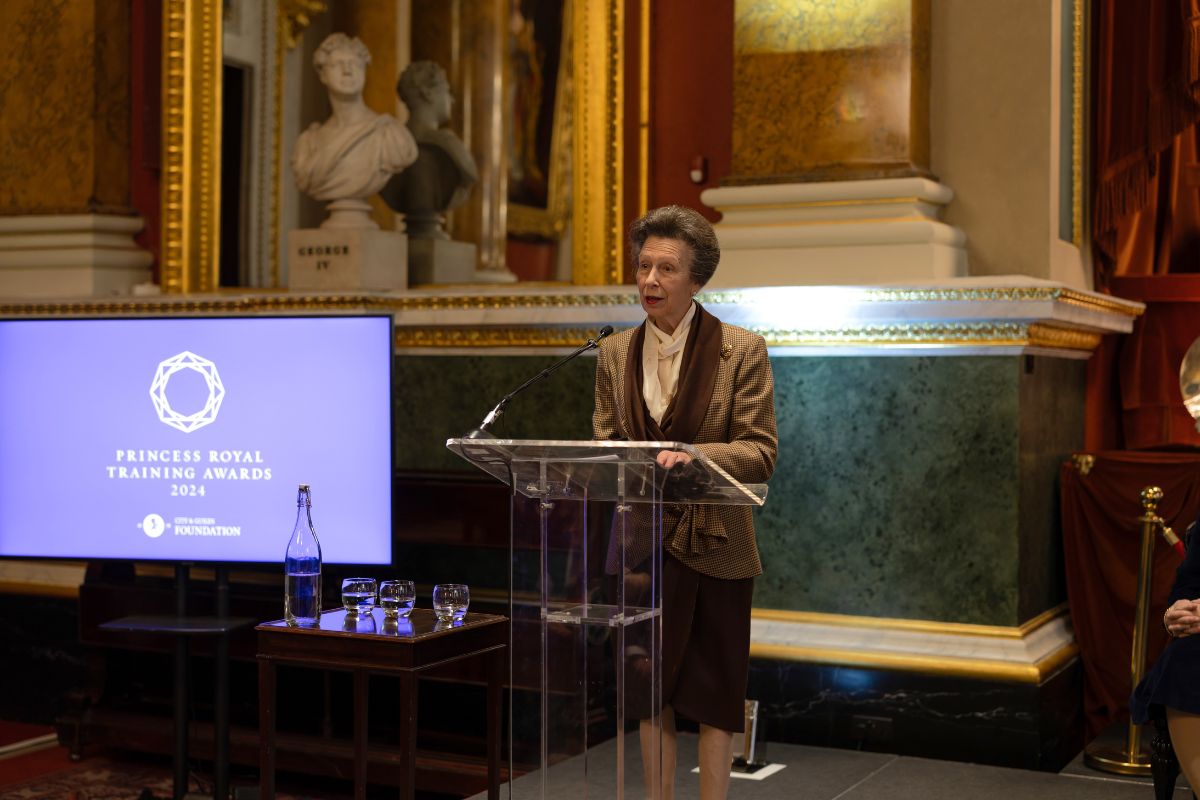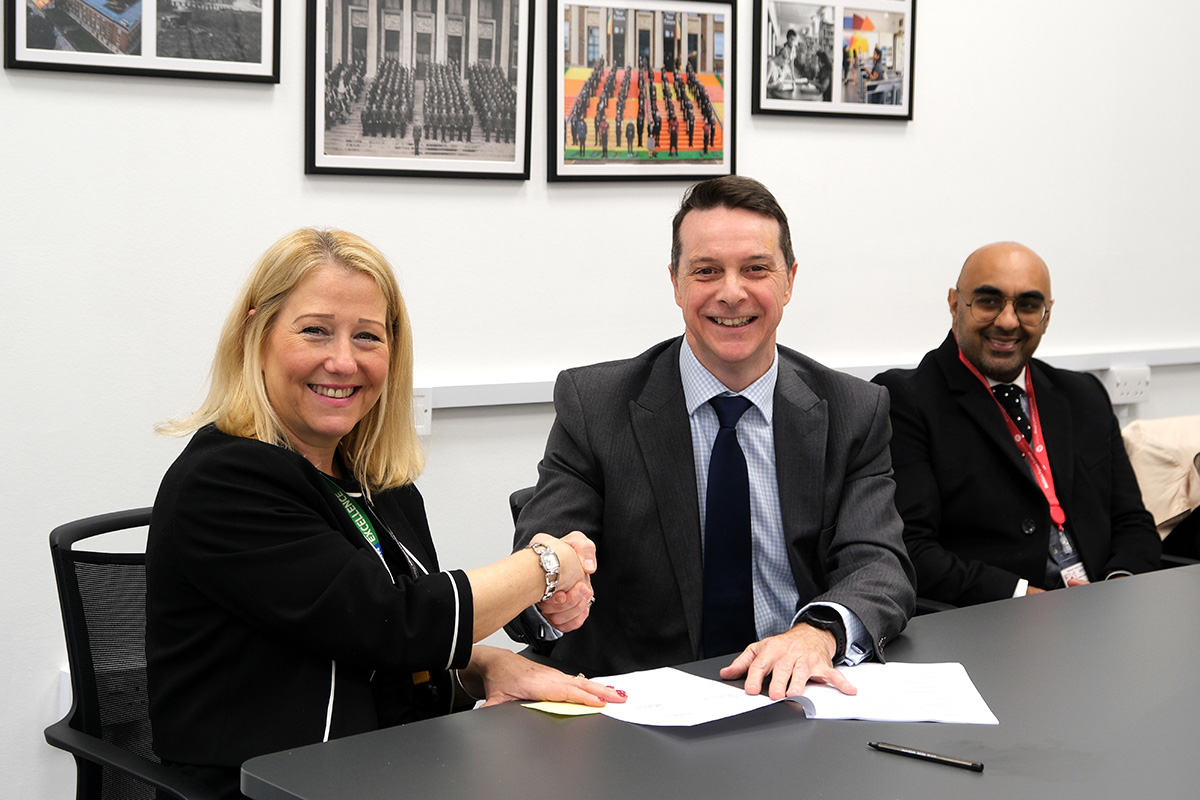Rob Halfon and Nick Gibb return as Education Ministers

Robert Halfon and Nick Gibb both return as Education Ministers to DfE. At the moment, their portfolios and responsibilities are yet to be confirmed by the Department of Education. The announcement comes after Gillian Keegan was announced as Education Secretary.
Rob Halfon was also previously Skills Minister from July 2016 to June 2017. Rob Halfon has been the MP for Harlow since 2010 and is a very popular figure in the World of FE and Skills. Halfon was the Chair of the Education Select Committee from July 2017 to October 2022. Meaning that he was still in regular contact with the FE and Skills sector. Rob has also regularly written some really interesting thought leadership articles on FE News since taking up his Education Select Committee role!
Nick Gibb has served a few times as an Education Minister, particularly focusing on schools and under several PM’s.
He was Shadow Minister for Schools from 2005 to 2010. From May 2010 and September 2012, he was Minister of State for School Standards, appointed by Prime Minister David Cameron. Gibb then returned as Minister of State for School Reform in July 2014 and was promoted to his previous role as Minister of State for School Standards after the 2015 general election until September 2021, serving under PM’s Theresa May, Boris Johnson and now Rishi Sunak.
At the time of writing, both Minister’s responsibilities and portfolios are yet to be announced… but there is a lot of speculation over their previous roles and what this could mean for their future responsibilities!
Sector Response
Professor Tom Bewick, Chief Executive of the Federation of Awarding Bodies (FAB) said:
“The reappointment of two former experienced ministers to the Department for Education is good for the post-16 sector overall. Not least, we need a period of stability, clarity and inspired political leadership.
“Robert Halfon has been a tireless campaigner for skills and apprenticeships. I very much hope he will continue to engage with the sector in the way he did when working as chair of the select committee. There are real implementation challenges as a result of the Skills and Post-16 Education Act. I hope ministers will take this opportunity to review the regulatory burden and additional costs associated with an overly complex qualifications approvals process. There is also a real challenge to improve both the quality and quantity of apprenticeships, with the Richard Review reforms arguably still struggling to deliver on what was promised.
“As I told the education select committee in September, there needs to be some careful consideration of the idea of a ‘British Baccalaureate’. In recent years, we have seen government create new brands of qualifications without necessarily evidenced-based considerations of what problems they were trying to solve.
“Skills and qualifications are part of a complex education ecosystem. We need evidenced-based reforms therefore that focus on improving learning outcomes. That’s not to say that bold reforms cannot be introduced. It’s just about recognising that qualifications reform is a hugely sensitive area that ultimately affects the life chances of millions of learners in future. My members will want to work closely with the new ministerial team to get all these reforms right.”
Philip Le Feuvre, Chief Strategy Officer at NCFE, said:
“We’re very happy to welcome Rob Halfon and Nick Gibb back into their roles as Education Ministers. They both have ministerial experience in the DfE and a deep understanding of the sector and the challenges and opportunities that lie ahead.
“We are interested to see whether there is a desire to address imbalances in the school curriculum which, due to current performance measures, hugely favours academic over technical learning. We’re also interested to see if these appointments, alongside that of Gillian Keegan, will result in any change of policy direction. We are interested to work collaboratively to ensure that the system supports the best outcomes for learners, regardless of whether they take an academic or technical pathway.”
Terry Fennell, Chief Executive of FDQ said:
“I would hazard a guess there has been eight Ministers with a remit for skills and apprenticeships in the past 6 years meaning an average stay of less than a year for each, therefore it is somewhat reassuring that Rob Halfon is returning to the DfE as I don’t think any other MP is more experienced nor qualified to lead the vocational and apprenticeship agenda going forward. Rob will have his own mind on the state of education and skills and will be able to drive through sensible policies especially at Level 2 which remarkably seemed to be undervalued in recent times.
“Also, good to see Gillian Keegan as the new Education SoS and someone again who has gained experience and understands the landscape and importantly has seen apprenticeships in a positive light during her time as Skills Minister. Appears sense and sensibility may have broken out in Sanctuary towers.”
Kirstie Donnelly, Chief Executive, City & Guilds comments:
“I am delighted to see Robert Halfon return to a ministerial role at the Department for Education. As a passionate campaigner and one who really understands the technical and vocational landscape, we look forward to supporting and helping bring much needed clarity and stability as well as funding into the skills, apprenticeship, and technical education sector.
“With the passion and dedication which Robert brought to his most recent position as Chair of the Education Select Committee, I am sure he will continue to challenge the system, and champion the important role that investment in skills can play in tackling the current economic crisis in his new ministerial role.
“There is often a temptation with new ministers to call for ‘revolutions’ and ‘overhauls’ of the skills and education system. I would however make a plea that Robert and his fellow ministers at the DfE listen to and work together with the sector to be pragmatic and realistic on what the sector most needs. In doing so this will help deliver a lasting and long-term plan, and not simply focus on short term or temporary fixes, which will only lead to additional reforms and complexities further down the line.”
Stephen Evans, Chief Executive of the Learning and Work Institute said:
“I’m delighted to welcome Rob Halfon back as a minister in the Department for Education. He’s a true champion for social justice and longstanding champion of skills and apprenticeships. I know he’ll focus on measures that make the most difference and prioritise groups that too often miss out on support. Learning and skills are the best way to get the economy going and help people climb the ladder of opportunity.”
Geoff Barton, General Secretary of the Association of School and College Leaders, said:
“We welcome Nick Gibb and Robert Halfon back to the Department for Education and look forward to working with them. Mr Gibb is steeped in education and knows the department well. Mr Halfon has been a very effective chair of the Education Select Committee and a powerful advocate for children and young people.
“Mr Gibb is well-known for his allegiance to a traditional diet of academic subjects in schools. If the direction of travel in government is to place a greater focus on technical and vocational education, this aspiration cannot be pigeonholed solely into post-16 education. The government will need to be more flexible in allowing and supporting a choice of subjects that students can study pre-16 which embraces technical and vocational education. At the moment, it is marginalised by the requirements of school performance tables to focus largely on academic subjects.
“And it is of critical importance that schools and colleges are funded sufficiently to teach technical, vocational, and academic subjects. The current situation is that steeply rising costs and inadequate government funding mean many will be left with no alternative but to reduce curriculum options to save money. The government must invest more in education in its autumn statement on 17 November.”











Responses